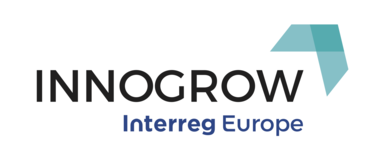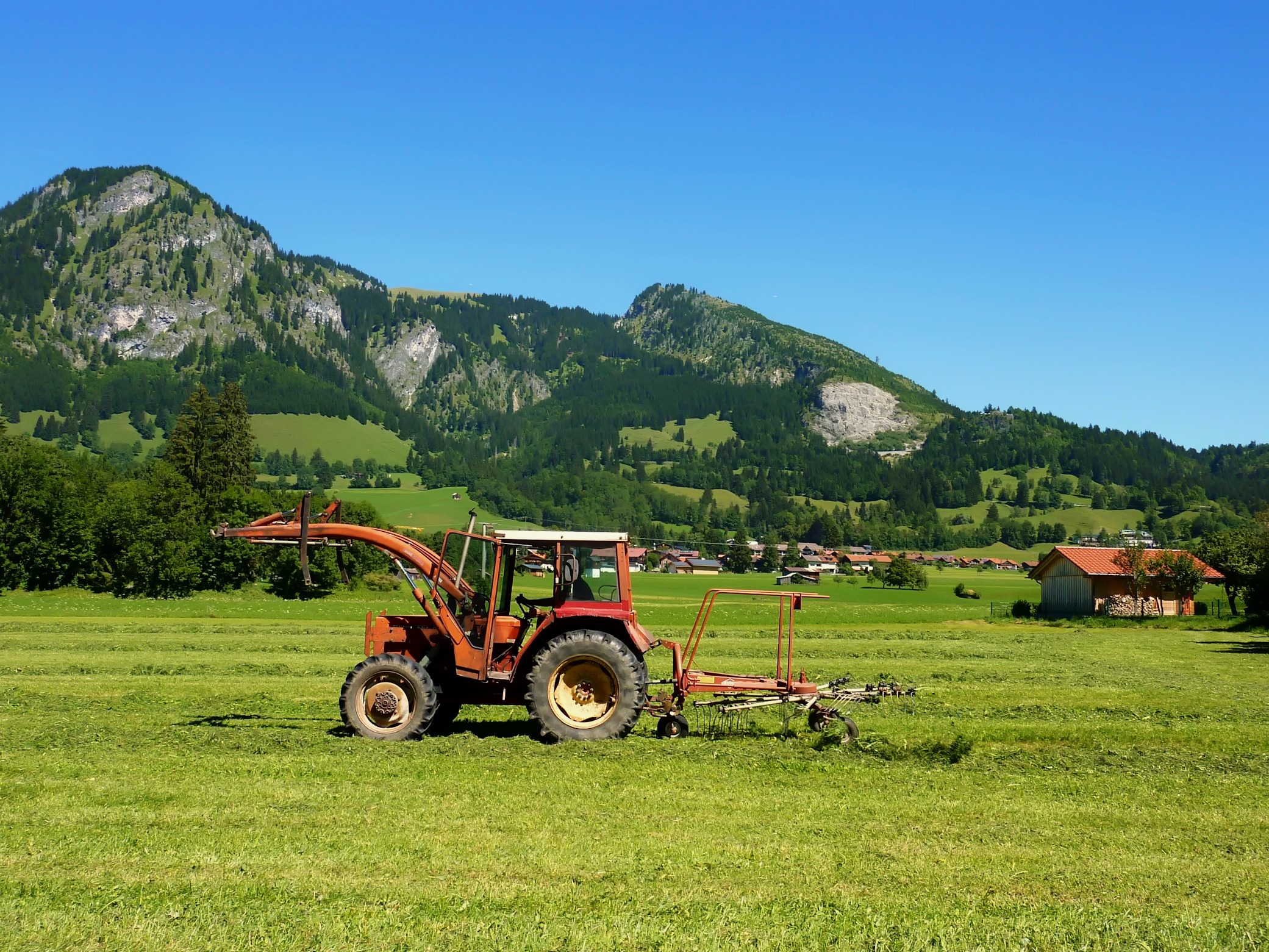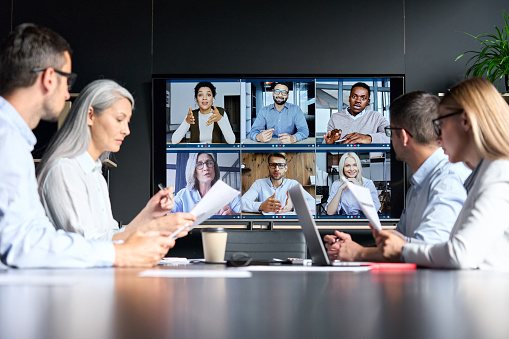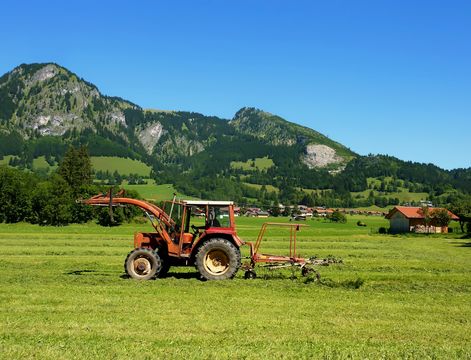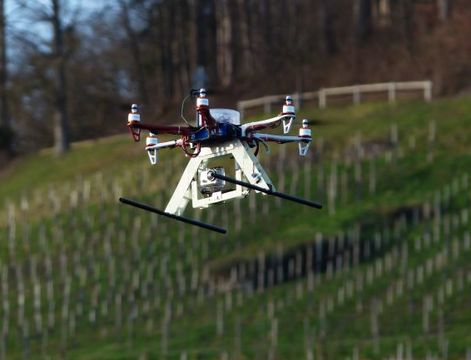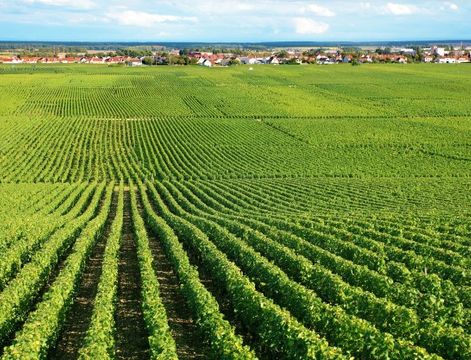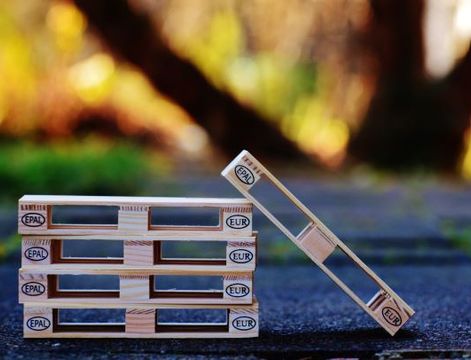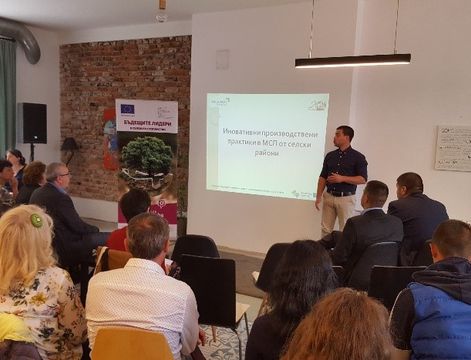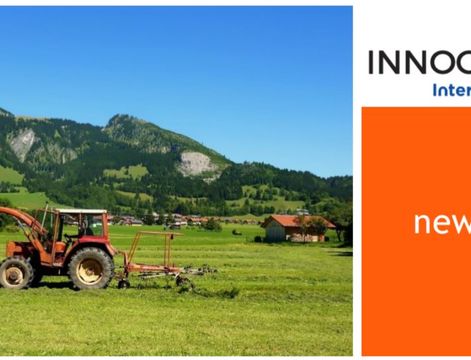INNOGROW is more than a project implemented by partners, we became a community that brings together people from different regions producing and making different products, having different business models and that need to follow or are supported by different policies for rural SMEs’ innovation. INNOGROW enables us to experience, learn and bring back to our regions new knowledge and good practices on innovation and sometimes just simple solutions that derived from the need for perseverance in a competitive market of agricultural produce and other products from rural areas. Throughout the project we have had study visits and every one of them brought something different. In July we have had a meeting and a study visit in Györ, Hungary and in September 2018 in Larissa, Greece. While in Györ it has been interesting to see how relatively small orchards can present several working places and a growing business from producing jams and spirits, Larissa experience brought a serious thought about our commitment to sustainability and quality of products. Greece exceeded any expectations, not just from Greek experience but also because of the stakeholders from other countries. The nice thing is we have shot a video about it and we can share parts of this experience. The video is now in post-production.
What was so fascinating?
EPSA A.E. is a production company for fruit juices in Larissa and has survived the crises without reducing salaries or letting go workers. The history of EPSA dates back to 1924, when there was a surplus of lemons in the geographical area of Pelion. Observing sales increase of traditional lemonade by peddlers, the owners of EPSA set the goal to create a factory that produces Soft Drinks. A German Chemical Engineer was invited to assist with the production of lemonade. It was then that the secret recipe was born and is preserved until today. To this day they are emphasizing tradition in terms of quality and brand and implementing innovation related to production process and new production lines. The last years, next to the classic Orangeade, Lemonade, Lemon Soda and Soda Water, many new products have been added: Iced Drinks with Tea in several flavors, Tonic, Sour Cherry Drink, Organic Lemonade and Orangeade and Lemonade, Orangeade and Cola light (with sweetener from the stevia plant). Also, “light drops”, a liquid sweetener from the stevia plant, has been the latest innovation, along with the Pink Lemonade product. However there is a dark cloud coming over the company in terms of environmentally and health friendly product. EPSA has until now filled their beverages into glass bottles, the most environmentally friendly package. Next year they are going to start bottling into plastic bottles. By some data every year Europeans generate 25m tonnes of plastic waste and less than 30% is collected for recycling. Is it more expensive to bottle into glass bottles? According to EPSA the answer is no, it is less expensive to bottle into glass bottles; therefore glass is cheaper. It brings more profit if excluding mentality of the consumer. The business model that they have now is that glass bottles are collected and returned to them. Customer is motivated to return the bottles for the price reduction. Bottles are washed and disinfected and returned to production. Damaged bottles are easily recyclable. So why are they going to do this? “Because the consumer wants it”, the marketing director replies. Glass bottles are a bit heavier and contain a bit less beverage than plastic ones. However the consumer does usually not notice the difference in quantity and is just about light weight and a fact that the plastic bottles don’t “need” to be returned but are just discarded. This is something we need to think about as consumers and this is something policy makers and tax collectors should think about. The plastic industry employs 1.5 million people in Europe and generated close to 350 billion EUROs turnover in 2017, while EU-28 glass industry employs about 185,000 people and the turnover data for the industry are not easily accessible. How much our environment, our health and the health of the planet is worth? How much is costing us and will cost us to manage plastic waste in Europe and globally? The change starts with 1 company 1 person at a time.
